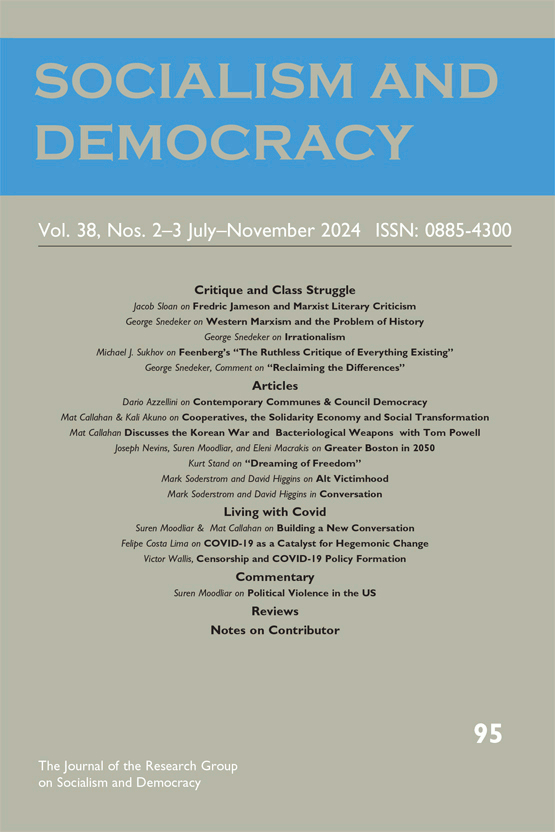
Milton Fisk (1932-2022) was a dedicated and distinguished philosopher/activist. His principal link to our journal was an article he published in 2000 entitled "Neoliberalism and the Slow Death of Public Healthcare in Mexico" [This issue of S&D (#27) is not available on the gratis S&D website, but I still have a stock of printed copies. I will send you one for free, in Milton's honor, upon request.] As a philosopher, Milton was ultimately concerned with practice, and in this article, he persuasively shows how the ideology of "choice" can be deployed as a weapon to dismantle public services.
I met Milton when I moved to Indiana in 1970. We were both members of the New University Conference, teaching at different campuses of Indiana University. He differed from many NUC members in having immersed himself in activism after he had already attained academic tenure, reversing the stereotypical career trajectory. But he used his position in the best possible way, to offer both intellectual support and a social ambience -- the annual May Day festivals at his retreat in the woods near Bloomington -- to radical students and younger colleagues. His was also the most continuous voice of the IU-Bloomington faculty union.
Of his many writings, two works especially impressed me. One was a March 1987 Monthly Review article (followed by a December 1987 exchange) on the topic "Why the Anti-Marxists Are Wrong." With Milton's characteristically clear and direct style, it offered a biting early critique of the increasingly fashionable over-emphasis on identity politics. The other was his 1980 book, Ethics and Society: A Marxist Interpretation of Value, in which he evolved a comprehensive ethic grounded in the class interest of the working class -- the latter understood not as a particularistic sector of capitalist society, but rather as the implicit embodiment of the interest of humanity as a whole.
To me, Milton projected the calm self-confidence of someone who had examined every dimension of whatever problem he approached. His leadership style was low-key and democratic. He was indeed the model of a committed scholar.

